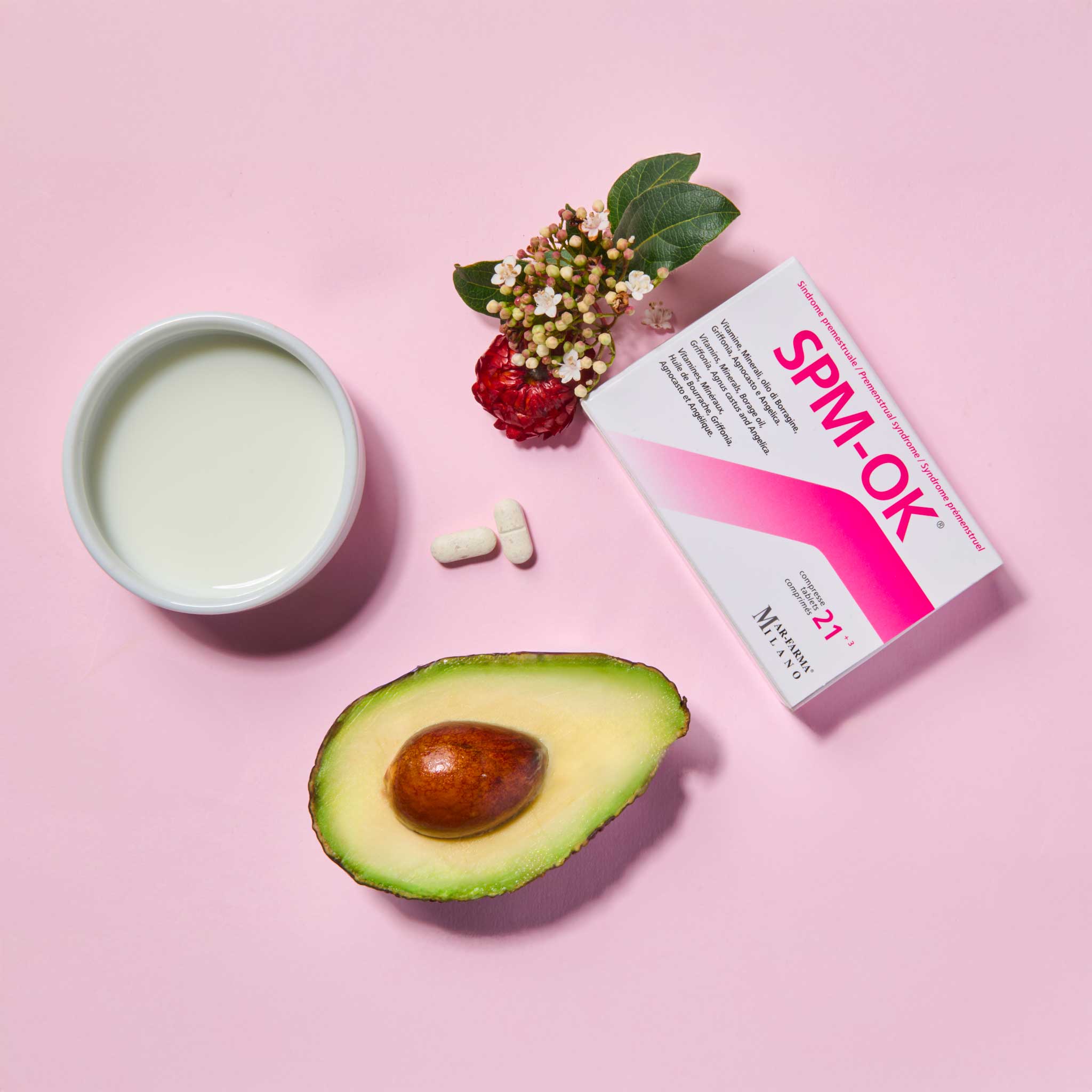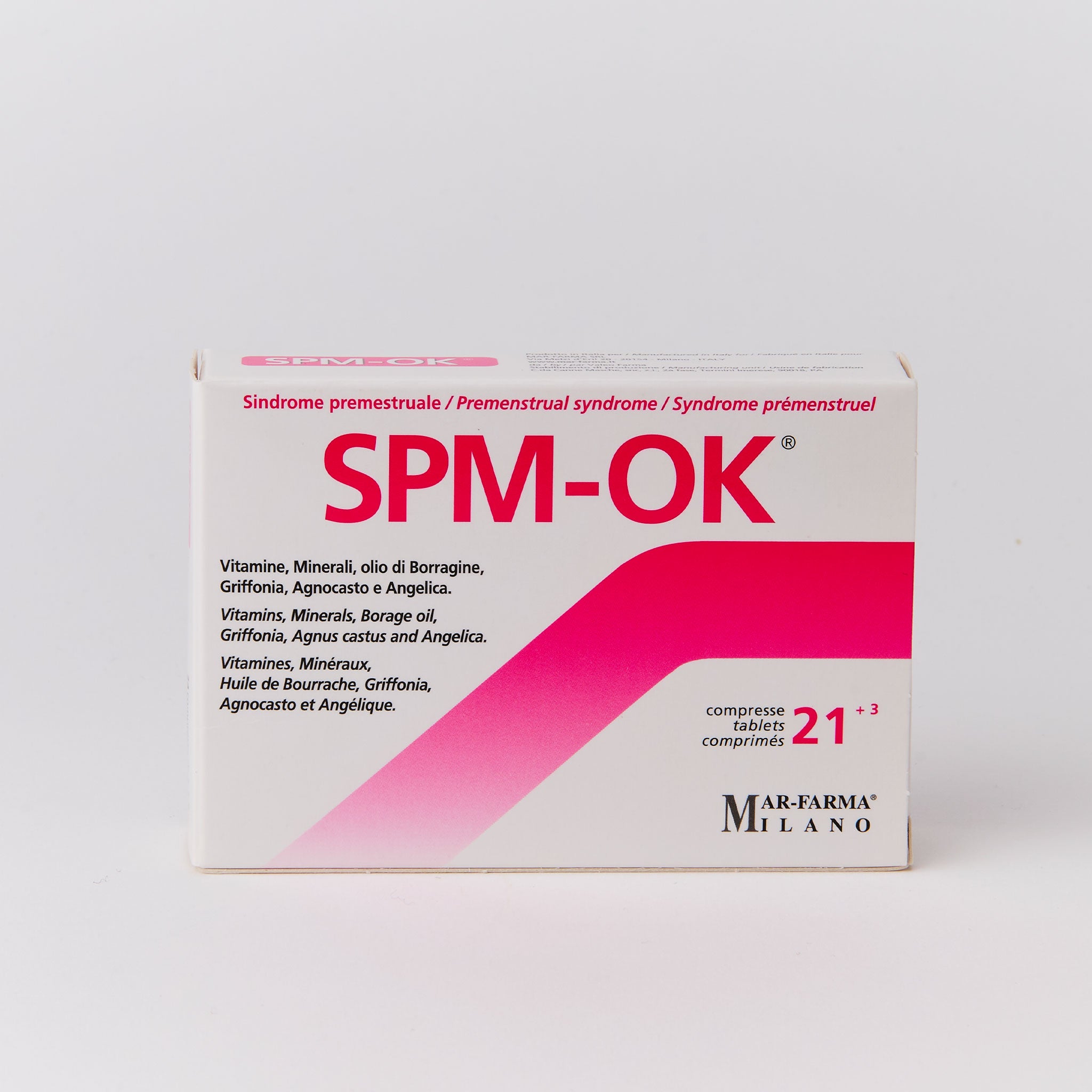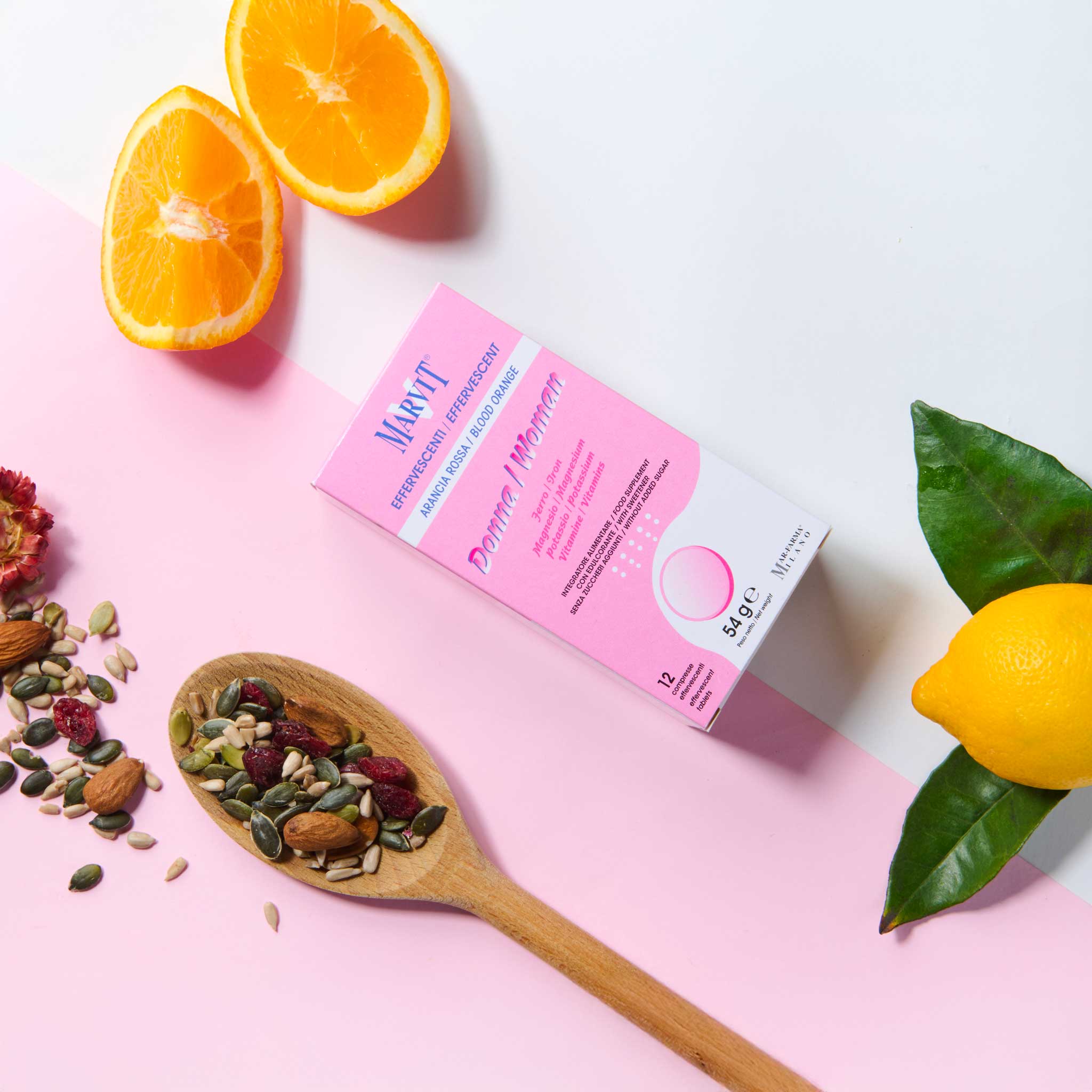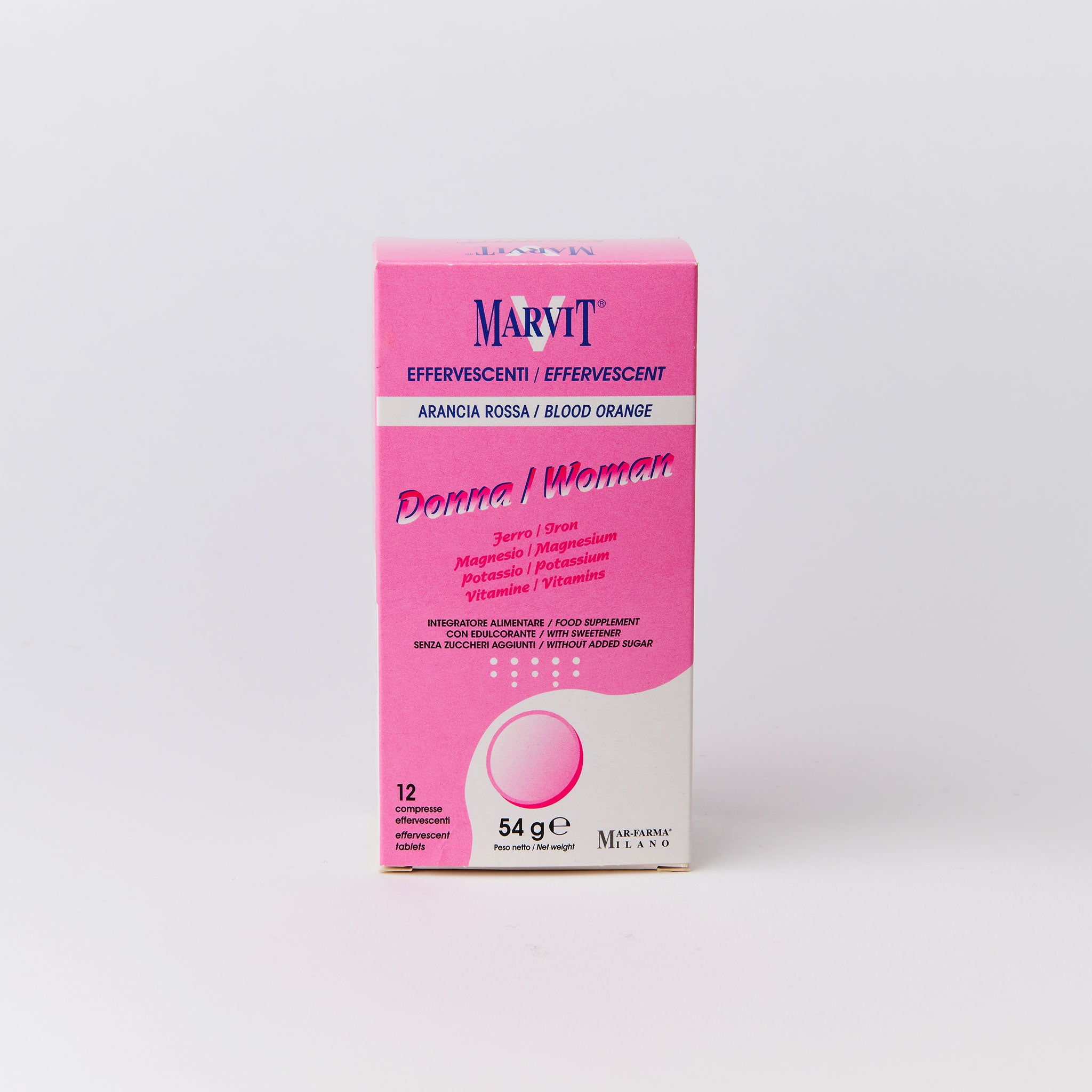IT WORKS BECAUSE IT CONTAINS
- D-MANNOSE
It is a simple sugar present in different varieties of fruits and vegetables. Once ingested, it is
absorbed in the upper part of the intestine and, after about 60 minutes, reaches the urinary tract unchanged. Here it is able to interfere with the adhesion of many of the bacteria that cause cystitis, including Escherichia coli. In fact, D-mannose is able to bind the fimbriae of bacteria (the structures that make adhesion possible), preventing their binding to the proteins present on the cells of the bladder mucosa. D-mannose is not metabolized by our body and can, therefore, also be taken by
diabetic subjects. - CRANBERRY
By making the surface of mucous membranes non-adhesive, Cranberry helps inhibit the adhesion of bacteria to the epithelial cells of the urinary tract. It is very useful in preventing recurrent relapses. - BEARBERRY:
Thanks to the content of Hydroquinone, it has antiseptic properties that inhibit the adhesion of
Escherichia coli, facilitating its elimination through urine.
Additionally, Hydroquinone has been shown to have excellent anti-inflammatory activity in the presence of infections by most strains of E. coli and Streptococcus. - VITIS VINIFERA and RESVERATROL:
They are known for their specific anti-inflammatory activity, even in the presence of recurrent inflammatory processes.

















